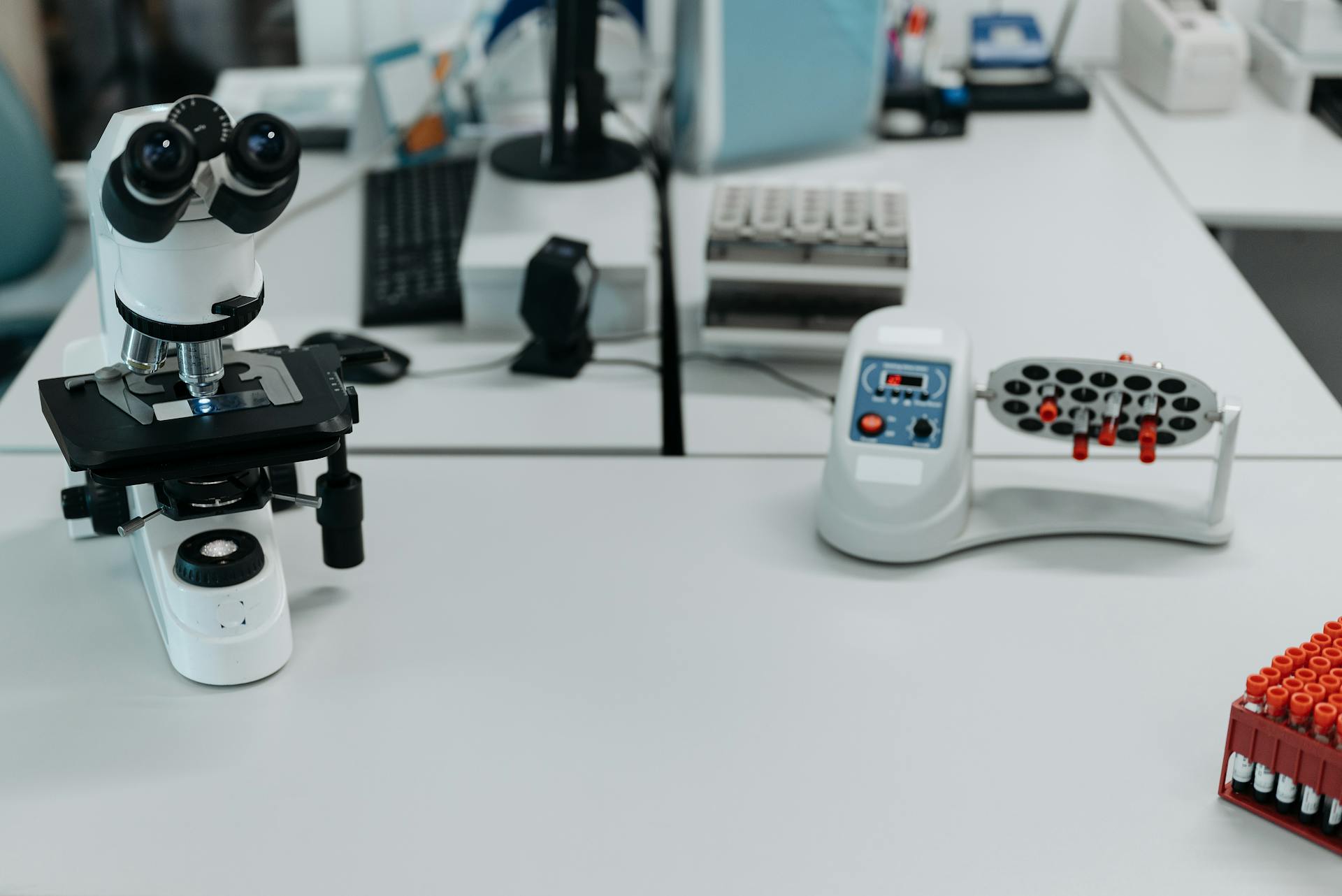
Insurance may cover heavy metal testing, but the specifics can be confusing.
Many people are unaware that heavy metal testing is not always covered by insurance. This is because insurance companies typically consider heavy metal testing an "optional" or "elective" procedure.
In some cases, insurance may cover heavy metal testing if it's deemed medically necessary, such as if you've been exposed to a known heavy metal hazard at work. For example, if you work in a factory that uses lead or mercury, your doctor may order heavy metal testing to determine if you've been exposed.
The cost of heavy metal testing can be high, ranging from $500 to $2,000 or more, depending on the type of test and the lab that performs it.
What Is Heavy Metal Testing?
Heavy metal testing is a crucial step in identifying and addressing potential health risks. High levels of toxic metals in the body can be extremely dangerous to overall health and may even result in death.

Small amounts of exposure to certain heavy metals and toxins may not be harmful, but high levels can have serious consequences. Heavy metal and toxin tests check for these dangerously high levels in the body.
The tests can detect a range of toxic metals, including those that can be found in everyday products or environments. Exposure to these toxins can occur through various means, such as contaminated food or water, or even through the air we breathe.
Who Needs Testing?
If you think you may have been exposed to a potentially hazardous substance, it's essential to consider getting tested. This includes substances like arsenic, cadmium, chromium, lead, and mercury.
People who work with these substances, such as construction workers or factory employees, may be at risk of exposure. If you've been working with materials that contain these substances, it's crucial to get tested.
If you live in an old house, you might be at risk of lead exposure from lead-based paint. If you're unsure, it's always better to err on the side of caution and get tested.
Some of the substances that warrant testing include:
- Arsenic
- Cadmium
- Chromium
- Lead
- Mercury
What Is Poisoning?

Heavy metal poisoning occurs when heavy metals accumulate in the body due to prolonged exposure. Common heavy metals like lead, mercury, arsenic, and cadmium can lead to severe health complications when absorbed in significant amounts.
Heavy metal toxicity can arise through various routes, including inhalation, ingestion, and direct contact with these substances. Workers may breathe in fumes, dust, or fine particles containing heavy metals, while contaminated food, water, or hands can lead to ingestion.
Inhalation is a common route of exposure, especially in industrial environments. Dermal contact is also a possibility, especially in jobs involving direct contact with contaminated materials.
Exposure levels in everyday life are usually minimal, but frequent or sustained interaction with even small amounts can cause buildup, which over time may have negative health impacts.
Core Role of Heavy Metal Testing
Heavy metal testing plays a crucial role in identifying and addressing potential health risks. High levels of toxic metals or other harmful elements in the body can be extremely dangerous, even resulting in death.
Small amounts of exposure to certain heavy metals and toxins may not be harmful, but it's essential to catch any high levels before they cause damage.
Heavy metal testing checks for dangerously high levels of toxic metals or other harmful elements in the body.
Featured Images: pexels.com


